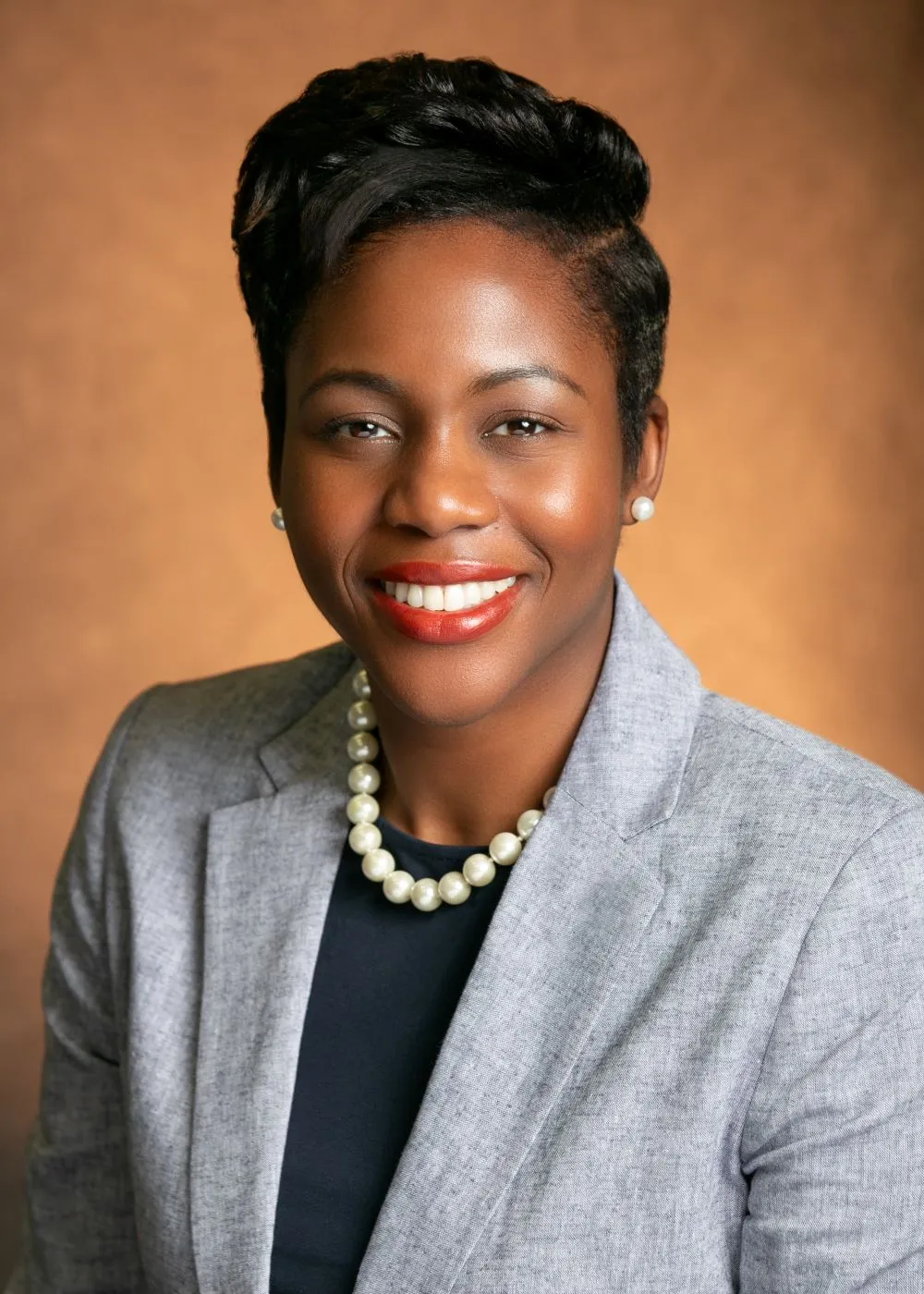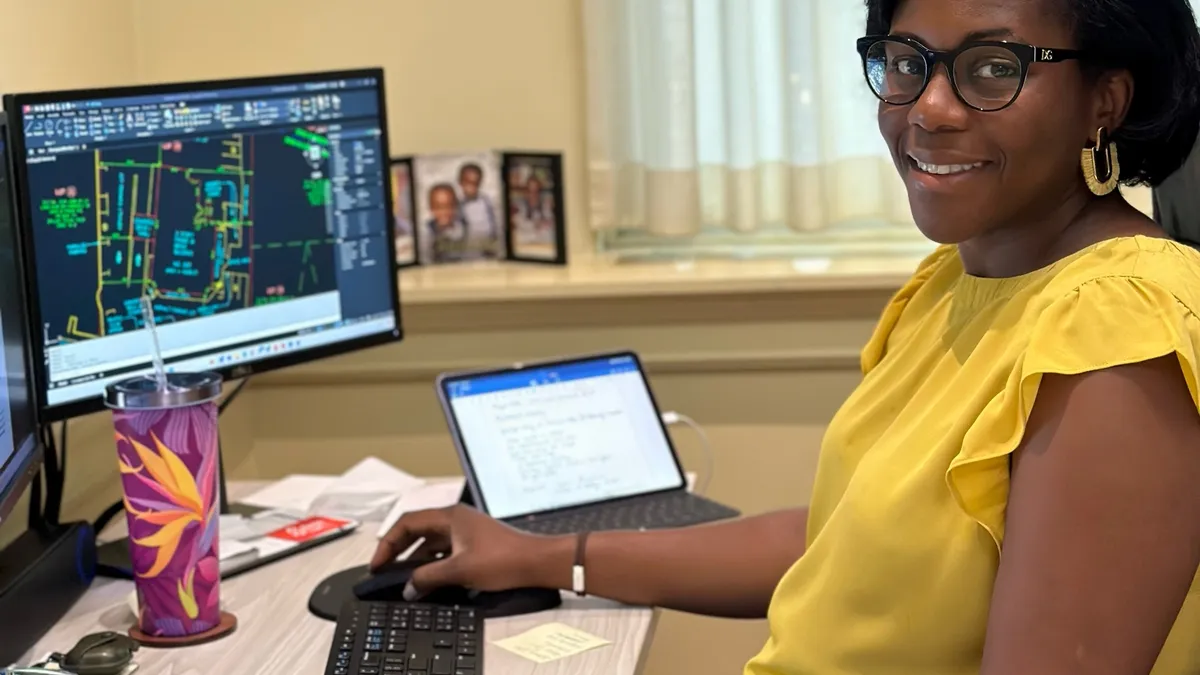This article is one in a series of conversations with women leaders in the construction industry. Click here for past discussions.
As a high school student in the ACE Mentor program, Schillivia Baptiste was intrigued by a career in engineering. She took part in a local summer engineering program at Manhattan College that led her to degrees in civil engineering in both college and graduate school and later to start her own firm.
As CEO of Mineola, New York-based Laland Baptiste Construction Management and Engineering Consultants, Baptiste is committed to bringing more women and people of color into engineering and STEM jobs.
Baptiste is president of Professional Women in Construction’s New York chapter, a nonprofit organization that supports and connects women and works to promote diversity within architecture, engineering, construction and related industries.
Here, Baptiste talks with Construction Dive about running her firm, being a mentor organization and the importance of networking.
This interview has been edited for brevity and clarity.
CONSTRUCTION DIVE: What led you to start your own firm?

SCHILLIVIA BAPTISTE: Starting my own firm has given me the opportunity and flexibility to work on projects that uplift communities. Construction and development projects are intentional and have the possibility to transform communities and neighborhoods.
As important as it is to me that projects are structurally sound, it is also important to me that they have a positive impact on the surrounding area.
What types of projects are you working on?
We were recently awarded the prime contract as the construction manager for the New York City Department of Design and Construction’s Mentoring Program, the city’s first mayoral mentoring program. As an MWBE firm, transitioning from a sub-consultant to a prime consultant allowed us to manage multimillion-dollar contracts, opening doors to more city and state projects.
We’ve since won prime projects with the city’s Department of Parks and Recreation, the Office of General Services and The Port Authority of New York and New Jersey.
What benefits are there to working in construction?
Laland Baptiste has been able to mentor other companies, restore and beautify nature preserves, help rebuild neighborhoods leveled by natural disasters and even work on a project to provide upgrades to a local homeless shelter.
Another benefit is witnessing the transformation of a two-dimensional drawing into a tangible, real-world structure. It's the visual confirmation of the work we do, bringing our designs to life.
How has your involvement in PWC changed your view of the industry?
My involvement has afforded me access to an invaluable sisterhood within the AEC industry. I’ve gained a network of like-minded women who are leading companies and thriving in an industry that is predominately male.
PWC offers informative industry programming, exclusive member resources, leadership and networking opportunities and scholarships and mentorship programs. Members represent a broad spectrum of those in the construction and allied industries, and include professional women as well as men, private companies and public agencies.
As the current president of the New York chapter, I’ve gained valuable insights into leaders across the country within the AEC industry who are committed to advancing the initiative of elevating women in the workplace.
What advice would you give to young women considering construction as a career?
You have the power to shape the world you want to live in. You possess the knowledge, insight and drive to succeed in this industry.
Start with a solid foundation by choosing an ABET-accredited curriculum. Get involved in industry organizations like Professional Women in Construction, the American Society of Civil Engineers, the Society of Women Engineers or the National Society of Black Engineers. These groups offer invaluable programming and networking opportunities that will help you advance your career.
Never stop learning — continuous growth is key to staying relevant. Remember, the moment you believe you know it all is the moment you risk falling behind.
Most importantly, love what you do. Don’t chase the money; it will follow. Focus on being a difference maker, creating an impact for your generation and those to come.














